Best Cat Flea Spray for Cats in 2025: Vet Approved
Fleas are a common problem that nearly every cat owner will face. They don’t just cause itching and scratching but can also lead to more serious issues like hair loss, anemia, or even the spread of parasites. Watching your cat suffer is frustrating and stressful. The good news is, using a cat flea spray for cats the right way can help eliminate fleas and keep your cat comfortable and healthy.
Flea and Tick Spray for Cats
Flea and tick spray for cats is one of the most common external treatments used to kill fleas quickly and repel ticks.
Main Ingredients
Chemical-based sprays: contain fipronil or imidacloprid, which are highly effective but should be used according to instructions.
Natural sprays: often use lemon oil, cedarwood oil, or lavender. These are gentler and better for mild infestations or prevention.You can refer to natural flea control for cats for more information.
How to Use
Spray evenly on your cat’s back, base of the tail, and legs where fleas often gather.
Avoid eyes, mouth, and nose.
Massage gently into the coat to help the spray penetrate the fur.
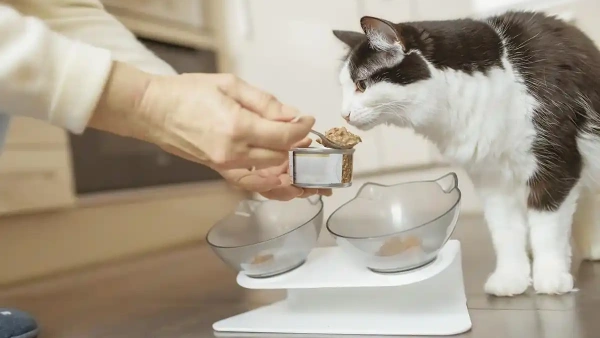
Household Flea Spray Safe for Cats
Fleas don’t just live on your cat—they also hide in bedding, carpets, and corners of your home. Household flea spray safe for cats can kill flea eggs and larvae in the environment, reducing reinfestation.
Choosing a Safe Product
Pick products labeled as safe for pets, avoiding pyrethrin-heavy sprays that can harm cats.
Remove your cat from the room while spraying and allow the area to ventilate before letting them back in.
Never use household sprays directly on your cat.

Tick Spray for Cats
Ticks can transmit dangerous illnesses such as Lyme disease or babesiosis. Tick spray for cats can kill ticks quickly and protect your cat during outdoor activities.
Best Practices
Apply before outdoor play for extra protection.
For long-haired cats, part the fur to ensure the spray reaches the skin.
In cases of heavy tick infestation, combine with spot-on treatments or oral medication recommended by a vet.

Does Flea Spray Really Work on Cats?
Yes, cat flea spray for cats is effective. For mild infestations, it quickly kills fleas and relieves itching. For moderate cases, sprays should be combined with environmental cleaning. Severe infestations often require pairing sprays with vet-prescribed medications.
Best Flea Spray for Cats
The best flea spray depends on your cat’s age and health:
Adult cats: Stronger sprays with fipronil or imidacloprid.
Kittens: Gentle natural sprays like lemon balm or cedar extract.
Allergy-prone cats: Avoid sprays with alcohol or strong fragrances.
Where to Spray Flea Spray on Cats
Apply spray to areas where fleas hide most:
Back and tail base
Belly and legs
Behind the ears and neck (avoid eyes and mouth)
Can I Use Any Flea Spray on My Cat?
No. Always use sprays designed specifically for cats. Dog flea sprays or general insecticides can be toxic. Check the label and follow dosage instructions carefully.
Symptoms of Flea Infestation in Cats
Flea dirt (black specks on fur)
Hair loss and scratching
Red bumps or irritated skin
Frequent licking and head shaking
Lethargy, loss of appetite, or anemia in severe cases
Diseases Spread by Fleas
Tapeworms: Cats can swallow infected fleas while grooming.
Bartonella (Cat Scratch Disease): Fleas can transmit bacteria to cats and then to humans.
Flea Allergy Dermatitis: Severe allergic reaction to flea saliva.
Rickettsia and Tularemia: Less common but serious infections.
Natural Flea Remedies
Apple cider vinegar diluted in water for wiping fur.
Low-concentration lavender or cedar oil sprays (use cautiously).
Regular grooming with a flea comb.
Everything Our Vets Recommend
Unsafe Natural Remedies to Avoid
Some natural oils are toxic to cats, including tea tree and eucalyptus oil. Always research before applying natural treatments.
How to Prevent Fleas on Cats
Use flea spray or spot-on treatments regularly.
Wash bedding and blankets frequently.
Keep living areas vacuumed and clean.
Check your cat after outdoor activities.
Cat Flea Spray for Cats FAQs
Is cat flea spray safe for kittens?
Some natural sprays are safe for kittens older than 8 weeks, but avoid strong chemical sprays until they are older.
Can household flea spray replace cat flea spray?
No. Household sprays are designed for the environment and not safe for direct use on cats.
Can I use flea and tick spray for cats together with other treatments?
Some sprays cover both fleas and ticks. However, if combining with other treatments, consult your vet to avoid overdosing your cat.
Final Thoughts
Cat flea spray for cats is a simple and effective solution for flea control. By choosing the right spray, using it properly, and combining it with household cleaning and prevention, you can keep your cat healthy and flea-free. Always consult your veterinarian if your cat has a severe infestation or health condition. Start today and give your cat the comfort and protection it deserves.
You May Like:
- Best Flea and Ear Mite Treatment for Cats (2025 Review)
- Safest Flea Prevention for Cats: A Complete 2025 Owner’s Guide
- Fleas on Newborn Kittens: Complete Treatment and Prevention
- Where to Put Flea Treatment on Cat: Updated 2025 Guide
User Comments
Does flea treatment kill ear mites too?
Can dogs take human probiotics?
Can dogs have people probiotics safely?
Related Articles
View all
How Often Flea Treatment Cat? Most Owners Get This Wrong

How to Apply Flea Medicine on Cats: Beginner’s Guide

Best Cat Flea Spray for Cats in 2025: Vet Approved
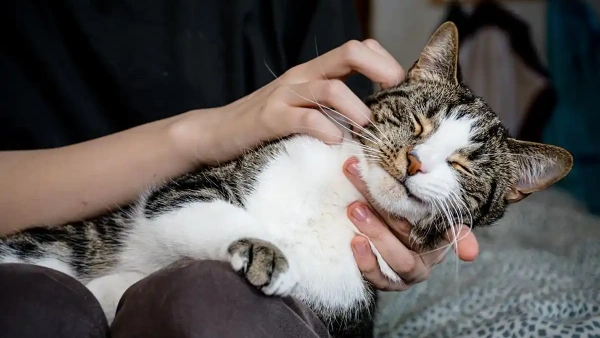
Where to Put Flea Treatment on Cat: Updated 2025 Guide

How Often Flea Treatment Cat? Most Owners Get This Wrong

How to Apply Flea Medicine on Cats: Beginner’s Guide

Best Cat Flea Spray for Cats in 2025: Vet Approved

Where to Put Flea Treatment on Cat: Updated 2025 Guide
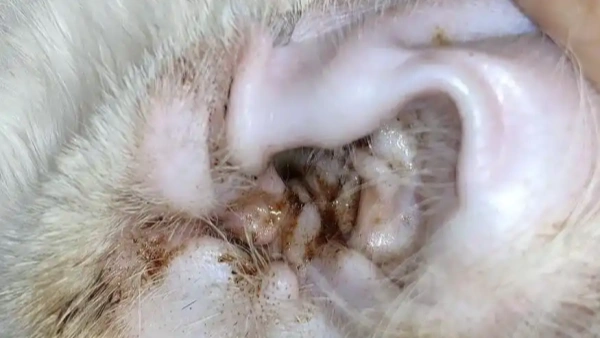
Best Flea and Ear Mite Treatment for Cats (2025 Review)

Safest Flea Prevention for Cats: A Complete 2025 Owner’s Guide

Flea Spray for Kittens: Best Options and Vet Advice 2025

Fleas on Newborn Kittens: Complete Treatment and Prevention
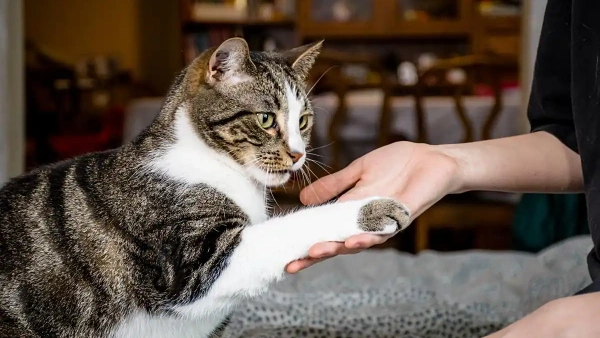

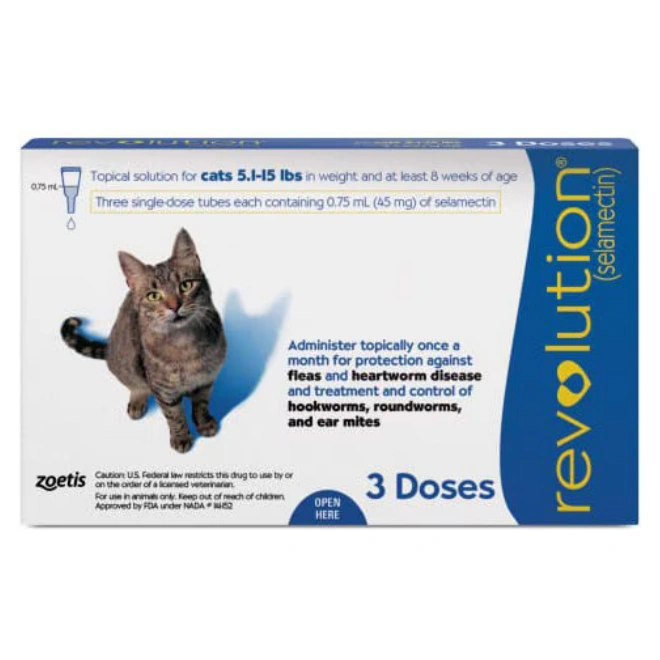
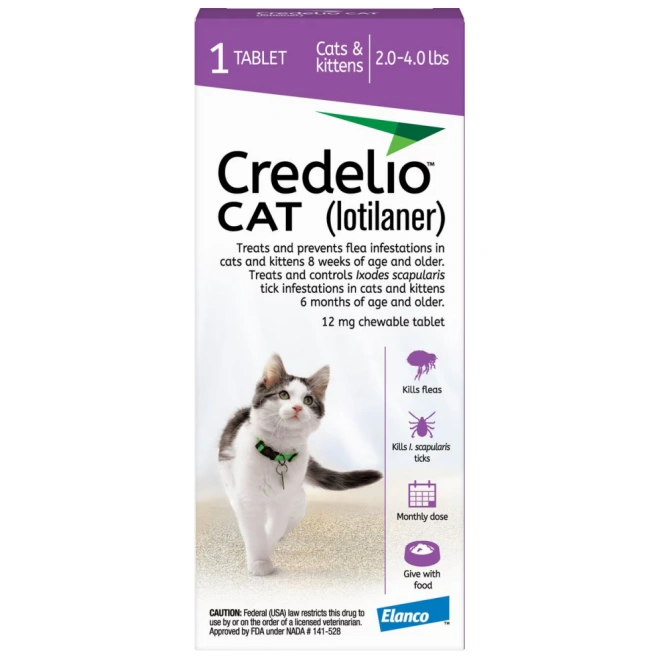
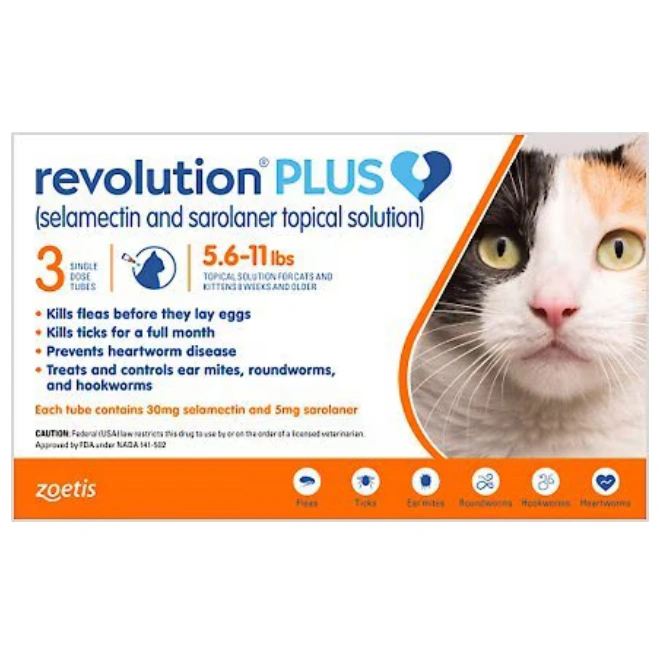
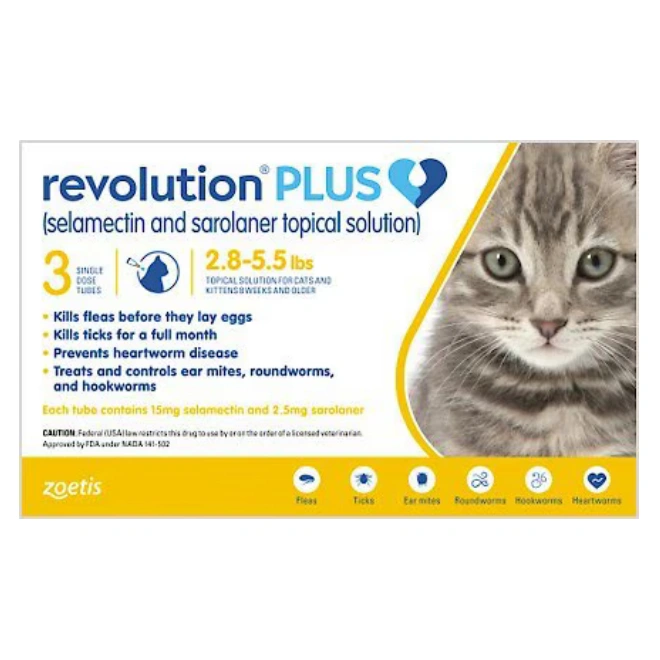








Leave a Reply